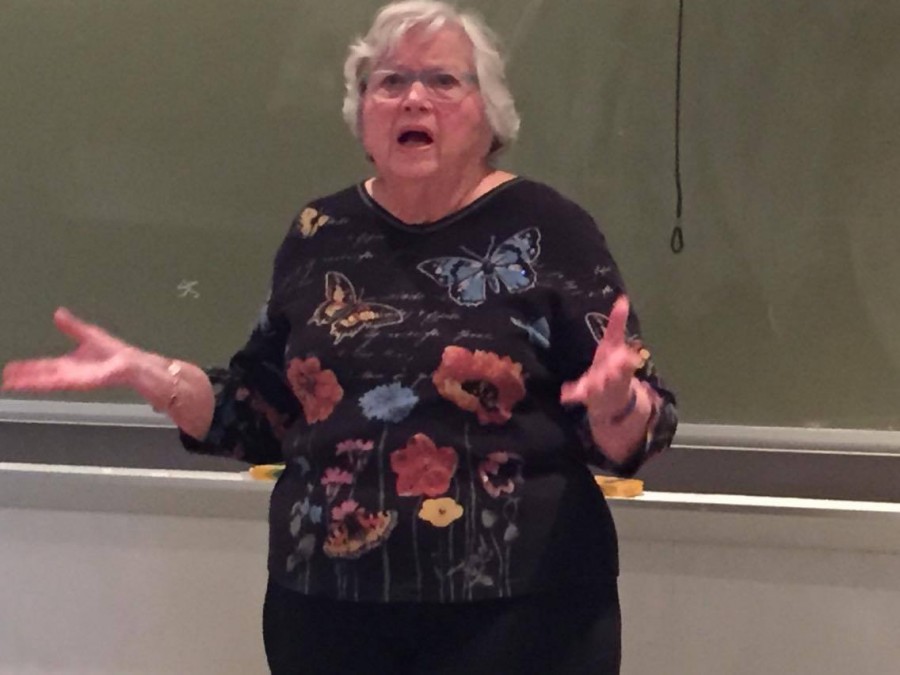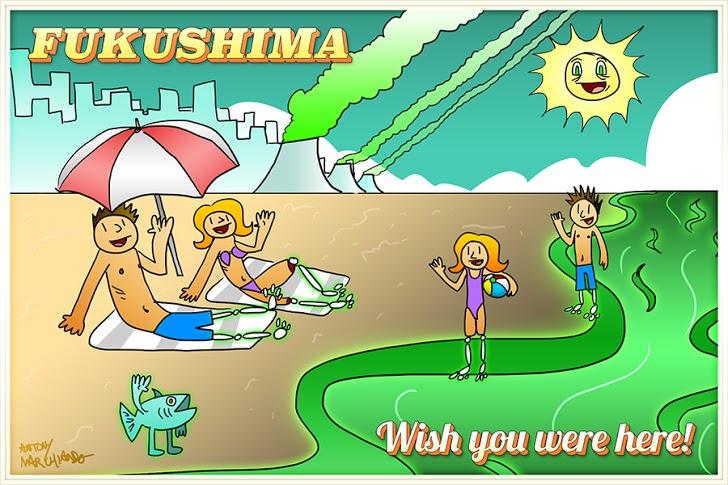The odds of being in a plane crash that has at least one fatality on one of the 78 major world airlines is one in 3.4 million.
The odds are even slimmer if you only consider a plane being taken down deliberately by one of the pilots, but that’s what happened when a Germanwings plane crashed in the French Alps on March 24, killing all 150 people on board.
A recording recovered from the plane showed that the pilot left the cockpit and when he tried to return, the co-pilot, Andreas Lubitz, wouldn’t allow him back in. This is when Lubitz changed the plane’s flight altitude from 38,000 feet to 100 feet.
With the way the cockpit is protected from the passengers on a plane, there was no way the pilot could get into the cockpit to stop Lubitz.
Each time a cockpit is closed it locks automatically. If one of the pilots leaves the cockpit then the only way they can get back in is by successfully putting in a passcode that only the pilots know, but even if the code is put in correctly the pilot inside the cockpit can override that.
Which makes sense, so a passenger can’t get into the cockpit by simply knowing a code. Cockpits being this secure make it much easier for a pilot like Lubitz to take down a plane if they desire to do so. Airlines have done a good job of preventing another attack like 9/11, when passengers stormed the cockpit, but is there anything they can do to prevent a pilot from taking down a plane?
Maybe instead of a code the airlines could install something that reads a fingerprint or an eye scan. But even with these, a passenger could still get in if they overpowered one of the pilots. And don’t forget how expensive this would be for the airlines to do.
It seems like the best and most realistic option for airlines is to be more selective on who can become a commercial pilot. Pilots already have so many requirements they have to meet before ever getting a job, but would that be enough?
First, a pilot must earn a bachelor’s degree in any subject and on top of that they are required to go through a lot of aviation training. Pilots are also required a minimum of 1,500 flight hours.
The most important part about becoming a pilot is the psychiatric evaluation that all commercial pilots undergo before being hired.
After a pilot passes the initial psychiatric test they are told they must notify their employers if they are ever deemed unfit to fly. This is what Lubitz didn’t do. It has been reported that Lubitz was deemed unfit to fly by a doctor due to depression shortly before the tragic event but kept it a secret from his employers.
As well as a psychiatric evaluation pilots are required to undergo a physical evaluation. All pilots know that if they are deemed unfit physically during their checkups once or twice a year they could lose their job. The same goes for passing their check ride test that most airlines perform twice a year.
Airlines could do the same thing with their psychiatric evaluations. If the airlines performed their own evaluation of Lubitz rather than hoping he would let them know if his doctor deemed him unfit to fly they could have prevented this tragic event.
It makes sense, you should not be allowed to fly a plane and control the lives of so many others if you have a mental illness.
There’s so much importance put on the physical evaluations and the check rides, but there needs to be just as much if not more on the psychiatric evaluation.
Since 9/11 airlines have done everything they could to prevent passengers from hijacking a plane, but now they need to do everything they can do to prevent a pilot from taking down a plane, no matter how rare it is.
9/11 brought changes to how the cockpit was protected, now its time to make the changes on who can or cannot be trusted to fly a commercial plane.






